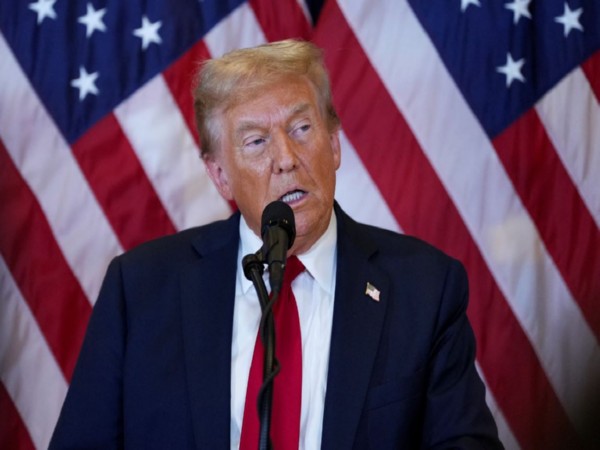New Delhi [India], February 19 (ANI): The new tariff plans of US President Donald Trump will lift near-term inflation and hurt growth in the medium term according to a report by Standard Chartered.
The report says importers will pass on the increased tariff costs to consumers thereby raising inflation in the near-term.
“US manufacturing capacity and job market are both tight; hence most tariffs are likely to be passed on to consumers” said the report.
However, the impact on inflation will depend on actual tariff rates imposed on different items, the retaliatory tariff imposed by other countries and adjustments against the US dollar verses the currency of the exporting country.
“Ultimate impact will depend on actual tariff rates, supply disruptions, the degree of retaliation and USD adjustments.” the report said.
It says new tariffs are likely to raise US PCE inflation by 0.7 per cent and hurt GDP by 1.2 per cent.
“Based on Fed models used during Trump 1.0 tariffs, recently announced tariffs are likely to raise US core PCE inflation by 0.7% and hurt US GDP by 1.2%, if all tariffs are passed on to consumers and US trade partners retaliate by same degree.” said the report.
PCE inflation is a measure of how prices paid for goods and services in the United States change over time.
Simplifying the economics behind the move, as the importers who will face tariffs on foreign goods typically pass those additional costs on to consumers in form of higher prices.
This directly increases the cost of imported goods, resulting in a short-term increase in inflation which might hurt the medium-term growth of the US economy.
The report adds that if applied the US tariffs will go beyond an average of above 10 per cent, the highest since the 1940s from today’s 2.3 per cent.
The new tariffs will increase US competitiveness at the expense of its trading partners.
However, the report highlights that Mexico, Canada and European Union will be impacted the most as their trade surplus with US has increased since the pandemic.
“Mexico, Canada and EU are likely to be directly impacted the most, given their ballooning trade surplus vs the US since the pandemic,” said the report.
China will be indirectly impacted because of its growing dependence on global exports to drive growth.
On February 18, US President Donald Trump outlined a new trade policy focused on fairness and reciprocity and said that the US would implement reciprocal tariffs, charging other countries the same tariffs they impose on American goods.
Trump emphasised that this approach would address unfair trade practices, including non-monetary barriers, subsidies, and VAT systems to encourage foreign countries to either reduce or eliminate tariffs against the US or set up their manufacturing base in the US which will add to its growth in the long term. (ANI)











